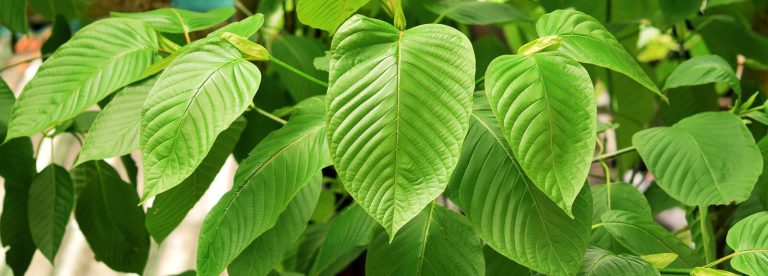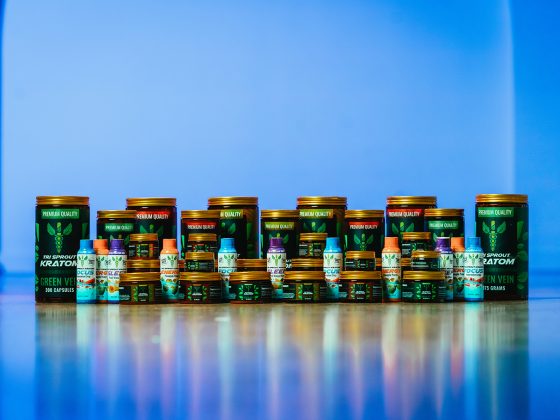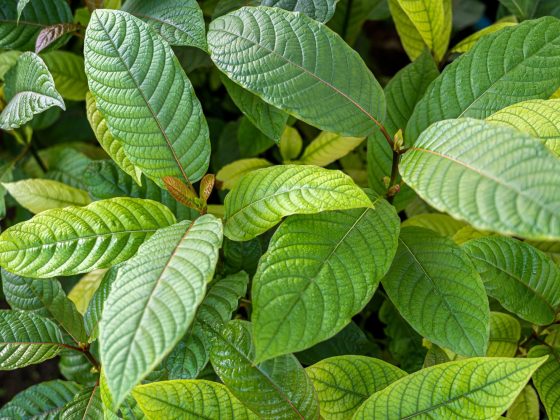Kratom, a herbal wonder celebrated for its energy-boosting properties, has stepped into the limelight of wellness. As individuals seek to embrace nature’s transformative effects, a web of legalities and bans has cast a shadow of uncertainty. Do you reside in a kratom-friendly state? Are you curious about the states currently engaged in the kratom ban debate? This article unravels the intricate tapestry of kratom’s legal status and offers insights into advocacy efforts. Read on to navigate the evolving landscape of kratom legality.
Bans in Effect: States Where Kratom is Off Limits
In certain states, the possession, use, purchase, and sale of kratom face legal restrictions. However, the fervor of kratom enthusiasts, alongside the American Kratom Association’s persistent endeavors, has sparked progress in these regions. Stay informed as we delve into the states where kratom’s ban has been a topic of debate.
Alabama: A Journey from Legal to Banned
Kratom was once legally embraced in Alabama until a legislative turn in 2016 classified it as a “Schedule 1 substance.” This reclassification aligned kratom with substances like heroin and LSD, ushering in a prohibition on its possession, use, and trade.
Arkansas: Kratom’s Unyielding Prohibition
Arkansas followed suit, banning kratom in all forms back in 2016. This decision stemmed from concerns about the substance’s increasing popularity and its potential for widespread use.
Indiana: A Potential Path to Reinstating Legality
Indiana took an early stance in 2014 by labeling kratom as a Schedule 1 substance. However, the tides may be turning. Efforts are underway to decriminalize kratom through House Bill 1500, signaling a potential return to legality.
Rhode Island: Navigating the Road to Legalization
Rhode Island encountered legal complexities in 2017 as the main alkaloids in kratom were added to the Controlled Substance List. In response, a bill was introduced in 2019, striving to regulate kratom through the Kratom Consumer Protection Act (KCPA). While progress continues, the path to full legalization is still unfolding.
Vermont: A Push for Legalization
Vermont stands at the cusp of a potential transformation. Though kratom remains illegal, initiatives like the Vermont Kratom Consumer Protection Act could pave the way for legalization, offering renewed hope for enthusiasts.
Wisconsin: The Battle for Recognition
Wisconsin, as of February 2023, grapples with an ongoing struggle to legalize kratom. Despite support from some lawmakers, hurdles persist in recognizing the herbal supplement’s legality.
Advocacy in Motion: States at the Crossroads of Kratom’s Legal Status
As the legal fate of kratom hangs in the balance, several states are embroiled in discussions that could shape its future. From potential bans to regulatory measures, the journey continues for kratom advocates.
Florida: A Popularity Paradox
Florida, while generally kratom-friendly, faces efforts to restrict consumption due to concerns over its opium-like effects.
Georgia: A Debate on Quality Regulation
Georgia navigates a divided opinion, with lawmakers considering both a ban on kratom and quality regulations to ensure safe access.
Hawaii: Uncertainty Amidst Legality
Hawaii’s kratom legality remains uncertain, with ongoing legislative discussions casting a shadow over its future.
Illinois: A Patchwork of Regulations
Illinois offers a complex landscape, with varying regulations across its regions, emphasizing the importance of staying informed.
Kansas: Legal Grounds and Regulation
Kansas stands on legal grounds for kratom, but discussions around the Kratom Consumer Protection Act (KCPA) could lead to further regulations.
Kentucky: Balancing Safety and Access
Kentucky grapples with concerns over kratom safety, as legislators deliberate on regulations to ensure responsible use.
Louisiana: A State of Flux
Louisiana faces potential changes in kratom’s status, with the prospect of a DEA-led classification looming.
Michigan: Pendulum Swings in Legislation
Michigan experiences a legislative pendulum, with ongoing bills proposing both regulation and reclassification of kratom.
Mississippi: Advocacy Amidst Opposition
Mississippians engage in efforts to restrict kratom access, while enthusiasts work to maintain availability.
Nevada: A Bid for Regulation
Nevada introduces Assembly Bill 322, aiming to regulate kratom through state-controlled mechanisms.
Ohio: Seeking Stable Ground
Ohio seeks stability in kratom legislation, with initiatives to prevent future attempts at banning the herb.
Oklahoma: A Regulation Triumph
Oklahoma triumphs in regulating kratom, as House Bill 236 secures its legality and safety standards.
Pennsylvania: Striking a Balance
Pennsylvania moves to restrict kratom sales to minors, emphasizing responsible distribution and usage.
Texas: Navigating Quality Control
Texas explores regulating kratom sales to ensure safe manufacturing and proper labeling.
Virginia: Advocacy and Legislative Caution
Virginia lawmakers reject a proposal to regulate kratom, preserving its accessibility for enthusiasts.
The Kratom Consumer Protection Act: Safeguarding Quality and Access
The Kratom Consumer Protection Act (KCPA) emerges as a pivotal legislative framework. Designed to ensure the quality and safety of kratom products, the KCPA sets standards for labeling, testing, and distribution. Its provisions prevent sales to minors and establish penalties for non-compliance, fostering responsible kratom use and protecting consumer rights.
Your Voice Matters: Advocating for Kratom’s Legal Status
In the midst of legal deliberations, your voice holds immense power. To safeguard kratom’s place in wellness, gather knowledge, engage with local representatives, and collaborate with advocacy groups. The American Kratom Association stands at the forefront of this movement, striving to counter bans and advance regulations. By standing up today, you contribute to a future where kratom thrives as a safe and accessible natural remedy.
Unlocking Nature’s Potential: A Unified Effort
Amidst bans, regulations, and evolving legislation, the path to kratom’s acceptance is paved by unified efforts. Together, we can champion kratom’s healing properties, ensuring its availability for generations to come. As you navigate this dynamic landscape, stay informed, engaged, and committed – for in your actions lies the key to preserving kratom’s transformative potential.







